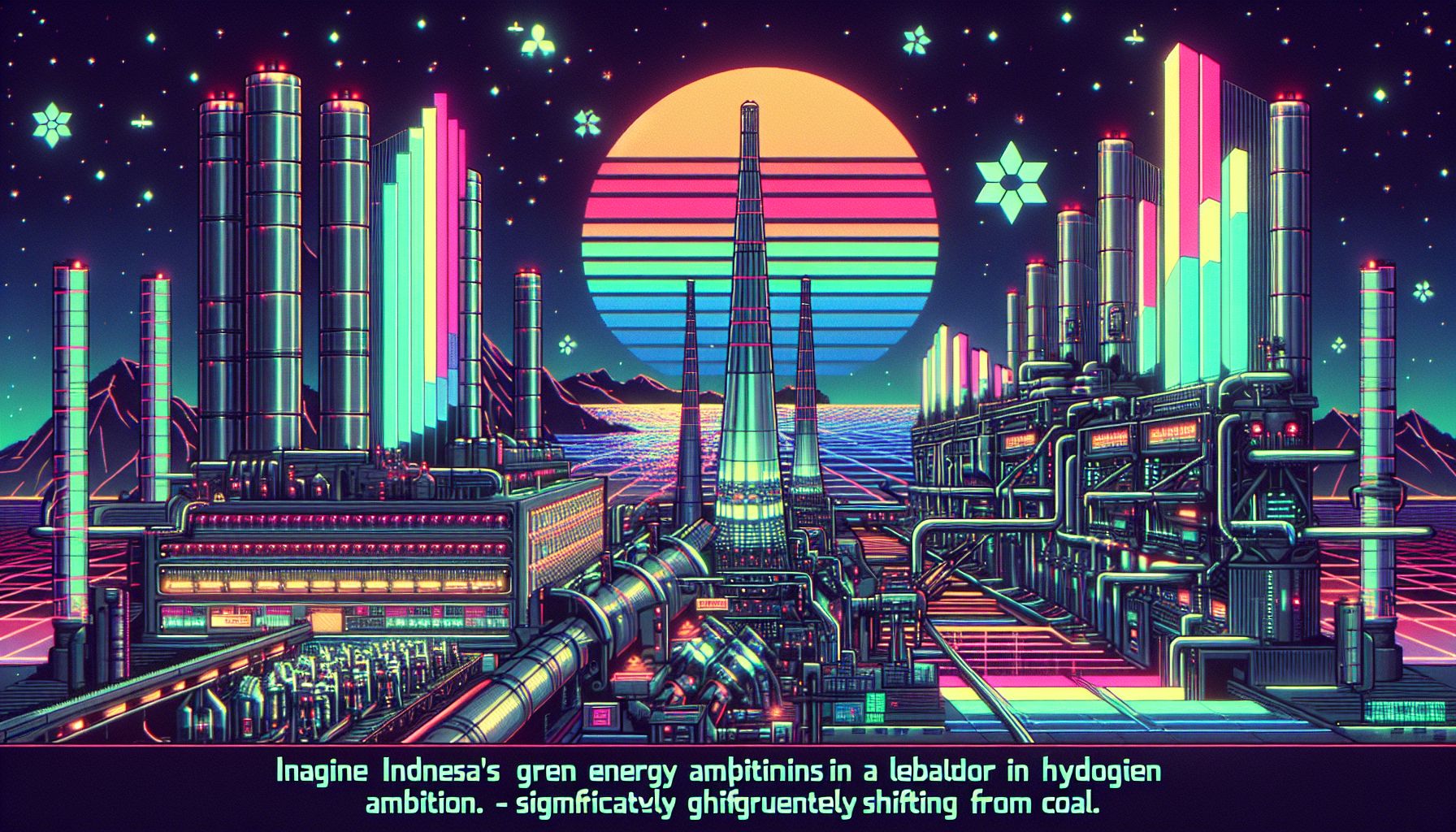Indonesia's Hydrogen Aspirations: Leading the Green Revolution

Jakarta, Monday, 23 June 2025.
Indonesia is powering towards a hydrogen future, spotlighting its role as a leader in green energy transitions. Despite current reliance on coal, the country eyes exporting hydrogen.
Indonesia’s Hydrogen Vision
Indonesia is revving up its engines for a hydrogen-powered future, aligning with the global buzz around hydrogen as the ultimate green fuel. Despite Indonesia’s heavy reliance on coal for 61 percent of its electricity, the country is eyeing hydrogen as a promising solution to decarbonise heavy industries and transportation [1]. From ambitious local initiatives to international partnerships, Indonesia’s hydrogen journey is on a fast track, and it’s a path paved with both challenges and opportunities.
International Collaborations
Recently, Jakarta was the stage for the second edition of the SPE Symposium on Hydrogen and Hydrogen-Based Fuels, where international experts gathered to discuss low-carbon hydrogen’s future [2]. Indonesia’s bold step into hydrogen isn’t just about meeting its domestic needs; it’s also about positioning itself as a leading hydrogen exporter. Collaborations with regional neighbours like Singapore on carbon capture and storage exemplify this ambition [1]. However, these plans must contend with the energy-intensive nature of hydrogen production.
Balancing Energy Sources
For hydrogen to genuinely be a green solution, it needs to leverage renewable electricity—something that’s a challenge given Indonesia’s current energy mix. Meanwhile, the government faces potential gas shortages by 2033 if new gas fields aren’t developed [3]. This predicament underscores the urgency of diversifying energy sources, including boosting initiatives like the biogas agreement between reNIKOLA and Pertagas [4]. Establishing a sustainable energy balance remains a critical task for Indonesia’s future.
Global Perspectives on Hydrogen
Around the world, the hydrogen narrative is gaining momentum. Countries like Japan, South Korea, and members of the European Union are banking on hydrogen to meet their net-zero targets [1]. However, challenges are not exclusive to Indonesia. For example, BP recently suspended its blue hydrogen project at Whiting, highlighting how energy market volatility and high carbon capture costs impact hydrogen’s viability [5]. Nonetheless, global cooperation and technology advancements serve as hopeful signs for a viable hydrogen economy.
Looking Ahead
Despite hurdles, Indonesia’s commitment to hydrogen stands firm. The journey towards energy diversification and carbon reduction involves ongoing government initiatives, international collaboration, and innovative technology adoption. This forward-thinking approach sets a roadmap not just for Indonesia but potentially as a benchmark for other emerging markets [1][3]. So, as hydrogen dreams fuel the nation, the critical question remains: Can Indonesia truly lead the green revolution? Let’s keep an eye on this dynamic transformation.